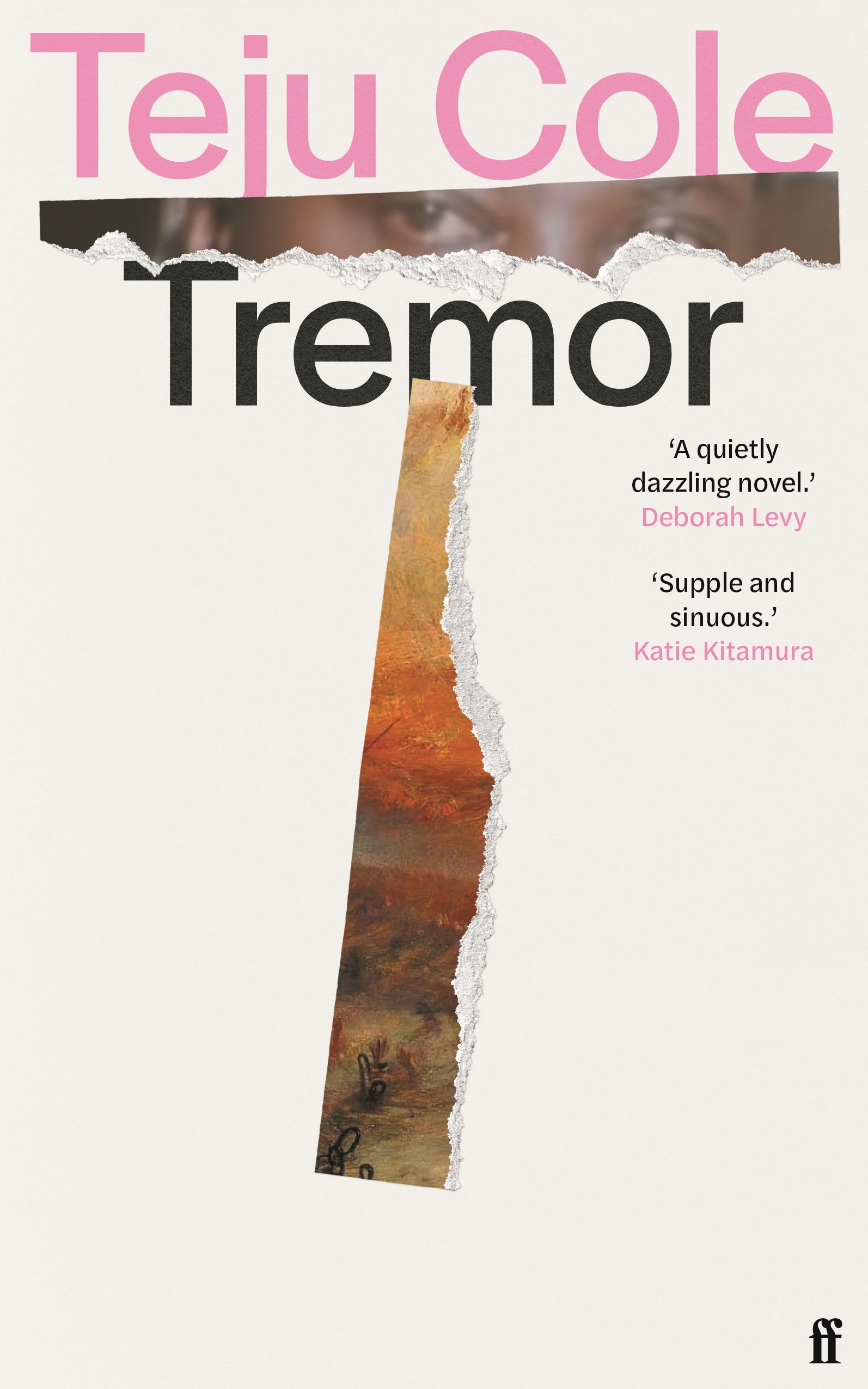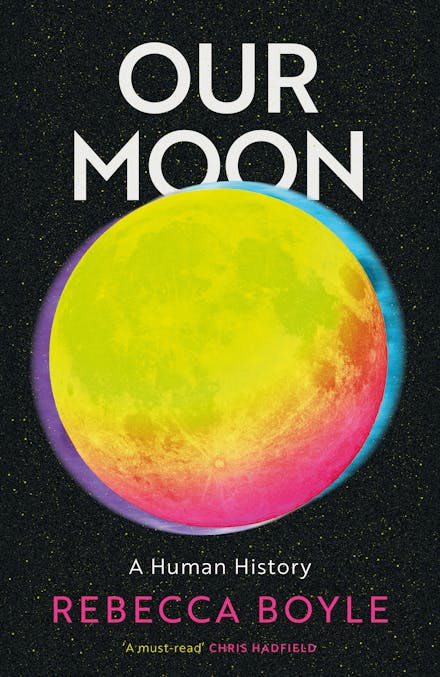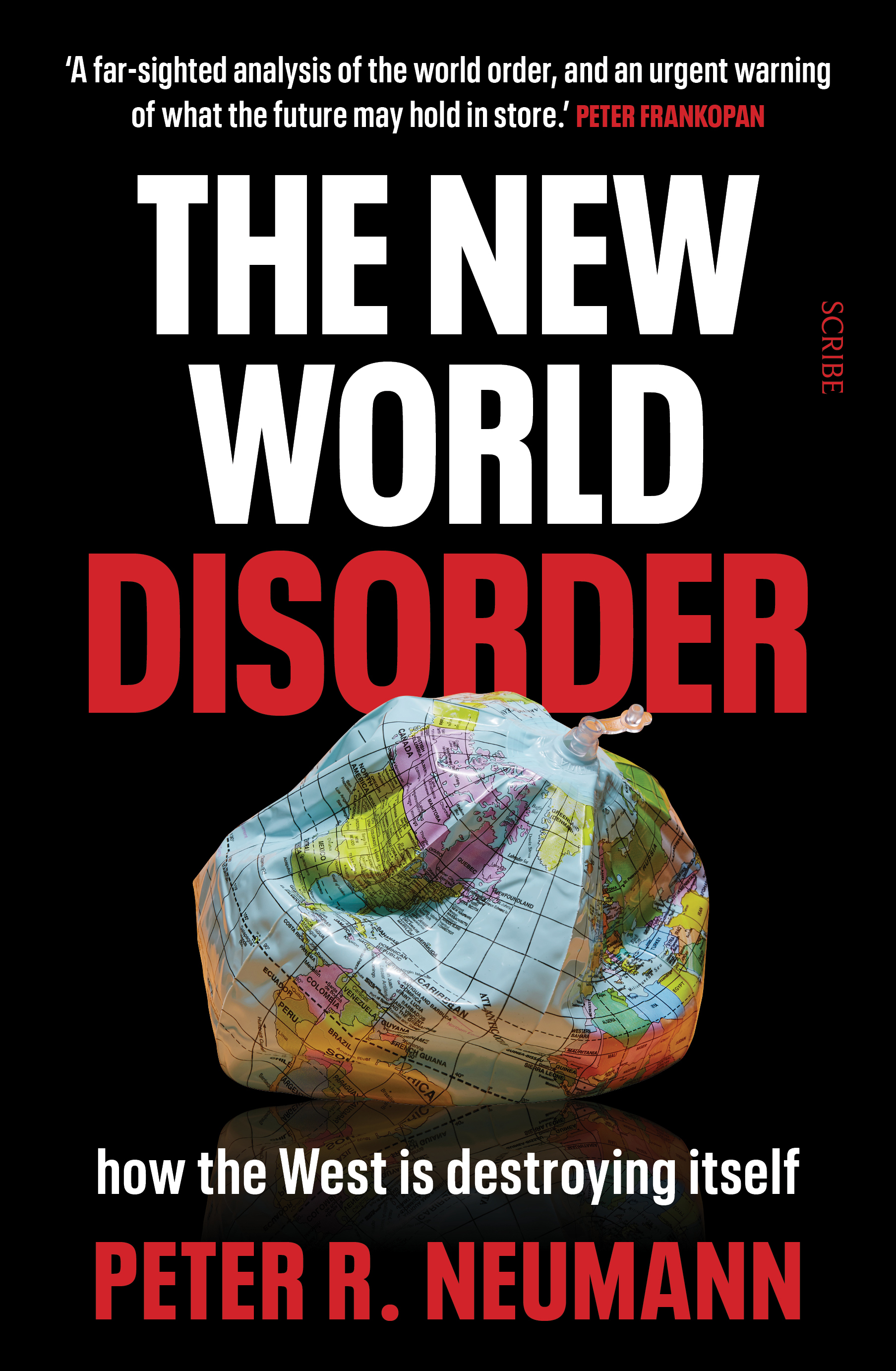Letters to the Editor - December 2011-January 2012
Whither anthropology?
Dear Editor,
Emma Kowal’s review of my book (November 2011) is by and large a generous one, and yet it comes to some conclusions that I must reject. My view is not the same as the ‘anti-separatists’, because, as I make clear in my discussion, they do not maintain one view. Some of them are neo-liberals. Others are not. Among the writers I discuss in the relevant chapter of A Different Inequality: The Politics of Debate about Remote Aboriginal Australia, the ones I find most amenable are Bob Gregory on specific issues of unemployment policy, and Noel Pearson and Marcia Langton regarding the importance of economic participation to remote Aboriginal people. Like Pearson and Helen Hughes, I emphasise mainstream education. Because its delivery in remote communities is such a difficult task – witness Minister Macklin’s doomed, in my view, punitive approach – I have suggested that this might be a political focus for anthropology.
After all, can we seriously contemplate self-determining remote communities in the modern state without fundamental English literacy or in which Aboriginal youth in the future are simply not equipped to seek further education or employment beyond their communities if they so wish? If this is ‘neo-liberal’ and the type of thing that anthropology rejects, whither anthropology? A more careful reading of my book would see that I make a case for Aboriginal difference as historical and therefore variable in time and place.
My reference to public opinion pertains to the fact that in matters such as education it is likely that ‘better will not come’ unless shared opinions on such a matter can override forms of family loyalty that make even classrooms in remote communities deeply conflicted from time to time. There is no special mystery about the growth of public opinion. It lies behind the familiar phenomenon of ‘night patrol’ geared to keep an eye on youth. I have also seen women and some men working to develop public opinion through meetings concerning sly grog and feuds when they manifest in long-term violence. The point is that this is an obvious alternative to policing and heavy-handed governance. It is about Aboriginal people determining their own paths.
Finally, there is much in Jon Altman’s work which I regard as valuable. I simply do not endorse his account of hybrid economy as a plausible economic ‘model’ when it lacks attention to mainstream education and to labour market policies. In particular, this account cannot address the range of communities that are properly called ‘remote’. Since my book is addressed to anthropologists, and he has influenced some, I trust that the discipline is robust enough to consider a critique.
Emma Kowal worries that I have ‘nothing new’ to say. Newness, I suppose, to some degree, is in the eye of the beholder – but not in one who fails to grasp that my book discusses ideas that lie behind policy; ideas that anthropologists would do well to reflect on if their discipline is to be heard in the public domain.
Diane Austin-Broos, Glebe, NSW
Implosion of the WRP
Dear Editor,
Jeff Sparrow’s otherwise thoughtful review (November 2011) of my partner Alex Mitchell’s book Come the Revolution: A Memoir contains one comment that requires correction. In referring to the sex scandal involved in the 1985 split in the Workers Revolutionary Party in Britain, Sparrow asserts that Mitchell’s attitude to women alleging abuse by the party’s leader, Gerry Healy, was that they should ‘simply knee Healy in the balls’.
Mitchell never made that comment. As quoted in the book, it was I who said to him that, in the event of any unwanted advances from Healy, ‘I would have kneed him in the groin’. I was a founding member of the Oxford Women’s Liberation Group, but a political supporter of Healy’s.
More importantly, it is not accurate to say that ‘twenty-six female members accused Healy of sexual assault’. The allegation was made by someone who disappeared shortly before revelations of her involvement in unauthorised financial dealings, and it was never put to the test by a proper investigation, internal or external. Instead, as the memoir details, Healy’s political opponents initiated a Fleet Street witch-hunt and whipped up an hysterical mob, which obliged a number of us to leave the party premises, and in my case my home, in fear of physical violence.
There were many factors in the implosion of the WRP. Given the amount of misinformation which still surrounds the events, Jeff Sparrow is scarcely to blame for picking up the distorted version. The truth was far more complex.
Judith White, Murwillumbah, NSW
CONTENTS: DECEMBER 2011–JANUARY 2012





Leave a comment
If you are an ABR subscriber, you will need to sign in to post a comment.
If you have forgotten your sign in details, or if you receive an error message when trying to submit your comment, please email your comment (and the name of the article to which it relates) to ABR Comments. We will review your comment and, subject to approval, we will post it under your name.
Please note that all comments must be approved by ABR and comply with our Terms & Conditions.